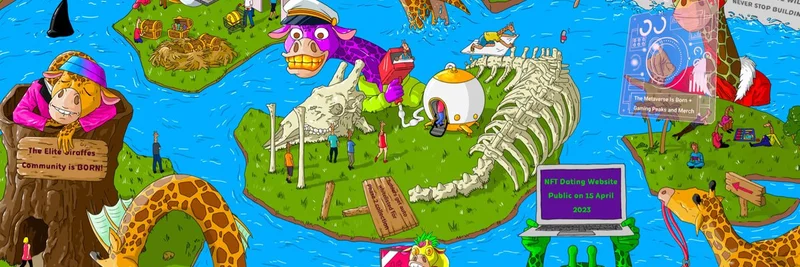In a move that's blending cutting-edge blockchain tech with the future of transportation, Avalanche (often called AVAX in crypto circles) has joined forces with Toyota Blockchain Lab. They're cooking up something called the Mobility Orchestration Network, or MON for short. This isn't just another crypto project—it's a blueprint for how self-driving robotaxis could operate entirely on the blockchain. Let's break it down step by step.
What Exactly is the Mobility Orchestration Network?
MON is essentially a blockchain-based layer designed to power autonomous robotaxi fleets. Think of it as the behind-the-scenes tech that makes everything run smoothly without needing a central authority. Built on Avalanche's multichain infrastructure—which allows for multiple interconnected blockchains—and using Interchain Messaging (ICM) for seamless communication between them, MON handles a bunch of key functions.
For those new to the terms, blockchain is a decentralized digital ledger that records transactions securely and transparently. Multichain means having several blockchains working together, each handling specific tasks efficiently. ICM is like a messenger service that lets these chains talk to each other without hitches.
According to reports from BSCNews on X, the proof-of-concept will manage everything from vehicle financing and ride-sharing to insurance, carbon tracking, and even ownership transfers. Imagine hailing a robotaxi where the payment, route optimization, and even the car's maintenance records are all handled on-chain—meaning directly on the blockchain.
How Does This Change the Game for Robotaxis?
The big vision here is robotaxis that are managed and monetized entirely through decentralized protocols. Tokenized transport services would power the system, turning physical assets like cars into digital tokens that can be traded, leased, or financed easily. This could lead to pay-per-use rides, dynamic pricing based on real-time demand, and even decentralized ownership where anyone can invest in a fleet.
Toyota isn't new to blockchain—they've already tested it in supply chains and vehicle data management. Now, they're aiming to cut down on friction in mobility networks, making decisions more decentralized and efficient. As Cointelegraph reports, this setup could allow investors to raise funds on-chain via security tokens, launch their own robotaxi services, and track operations transparently.
Roi Hirata, Head of Japan at Ava Labs (the team behind Avalanche), put it perfectly: "The payments, the leasing, you can actually start your own robotaxi services by raising funds onchain, with some kind of security token system." He also highlighted how blockchain records could create entirely new business models from the ground up.
The Road Ahead: Opportunities and Hurdles
This partnership opens doors to exciting possibilities in urban mobility. With tokenized assets, we could see a boom in real-world applications (RWAs) for crypto, where physical items like vehicles are represented as digital tokens on the blockchain. It might pave the way for more sustainable transport too, thanks to built-in carbon tracking.
But it's not all smooth sailing. Regulators and car manufacturers need to get on board with blockchain-based recordkeeping. Different countries have varying formats for official records, so aligning everyone will be a challenge. As Hirata noted, "having that and the manufacturer working together on a blockchain is the most key task that we have to tackle."
Sources like TipRanks and AInvest echo this, emphasizing the need for interoperability and collaboration before we see large-scale rollouts.
Why This Matters for Crypto and Blockchain Enthusiasts
For those in the meme token and broader crypto space, this shows how blockchain is evolving beyond just trading funny coins. It's about real utility in everyday life, like revolutionizing how we get around cities. Avalanche's role here could boost its adoption, especially in Asia where Toyota holds massive sway.
Keep an eye on this—MON might just be the start of a tokenized mobility revolution. If you're diving deeper into blockchain tech, check out Avalanche's official site or Toyota's blockchain initiatives for more tech specs. What do you think—ready to invest in your own robotaxi fleet?


